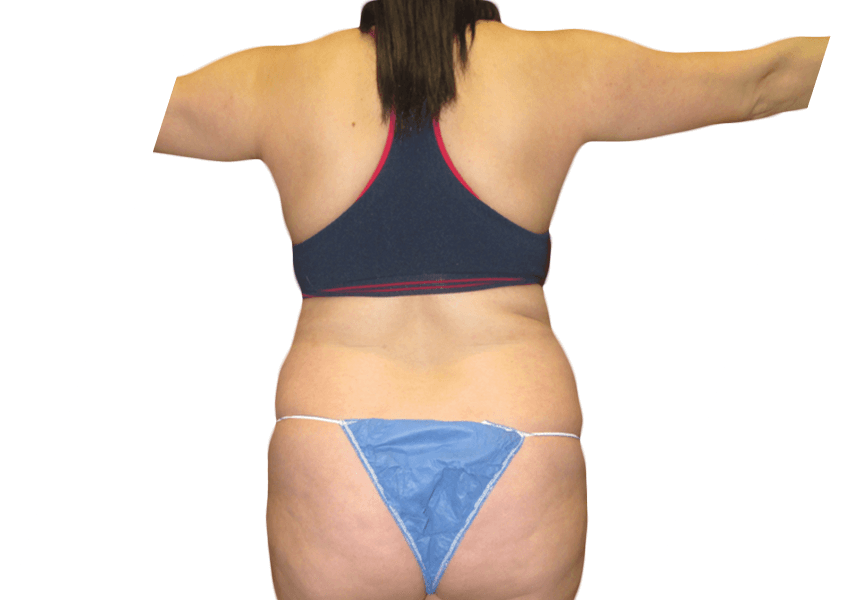What Are the Advantages of Seeing a Dermatologist for Liposuction Before and After the Procedure?
Liposuction is a popular cosmetic procedure aimed at reshaping specific areas of the body by removing excess fat deposits. While many people associate this surgery solely with plastic surgeons, dermatologist near me also play a vital role in both pre- and post-liposuction care. In fact, seeing a dermatologist for liposuction before and after the procedure can enhance results, reduce risks, and speed up recovery.
Why Involve a Dermatologist in Your Liposuction Journey?
Most people don't realize that dermatologists are highly trained in skin, fat layers, and minimally invasive cosmetic procedures. Some dermatologists even specialize in tumescent liposuction, a technique known for being less invasive and safer than traditional surgical methods. By including a dermatologist in your treatment plan, you gain a skin-focused perspective that plastic surgeons may overlook.
From identifying ideal candidates to preventing complications like scarring or pigmentation issues, a dermatologist ensures comprehensive care. Their expertise adds value to your liposuction experience — both before and after surgery.

Dermatologist Liposuction Before and After: What to Expect
Before Liposuction: Evaluation and Skin Preparation
Before undergoing liposuction, a dermatologist will evaluate your skin's elasticity, thickness, and overall health. These factors directly affect how your skin will respond to fat removal. Patients with poor skin tone might not achieve smooth, firm results. A dermatologist can recommend pre-treatment options like radiofrequency therapy or skin-firming creams to improve elasticity before surgery.
Additionally, your dermatologist may offer dietary advice, hydration tips, and topical skincare regimens to strengthen your skin's barrier and promote faster healing. This preparation makes a major difference in your post-liposuction results.
Choosing the Right Liposuction Method
Dermatologists often perform or recommend tumescent liposuction, which uses local anesthesia and smaller cannulas. This method leads to less bruising, quicker recovery, and lower risk of complications. If you're unsure about which technique suits you best, a dermatologist can guide your decision based on your skin type, fat distribution, and overall health.
After Liposuction: Post-Procedure Skin Management
Monitoring Healing and Preventing Complications
Post-operative care is crucial to achieving optimal results from liposuction. A dermatologist ensures your skin heals evenly and without unnecessary scarring or pigmentation. They monitor signs of infection, inflammation, or uneven fat removal — all of which can affect your final appearance.
Their in-depth knowledge of skin healing can prevent complications such as:
- Post-inflammatory hyperpigmentation
- Scarring or keloid formation
- Irregular skin texture or dimpling
By catching these early, a dermatologist can offer effective interventions, ensuring a smoother recovery process.
Skin Tightening Treatments After Fat Removal
Fat removal doesn't always guarantee firm, tight skin. In fact, sagging can occur, especially in older patients or those with reduced skin elasticity. Here, dermatologists excel. They can recommend post-liposuction treatments like:
- Microneedling with radiofrequency
- Laser skin tightening
- Ultrasound therapy (e.g., Ultherapy)
- Topical retinoids or peptides to boost collagen production
These non-invasive treatments significantly improve your skin’s texture and tone. Most plastic surgeons don’t offer such services, making the dermatologist’s role even more valuable.

Before and After Photos: A Dermatologist's Portfolio Matters
When choosing a provider, ask to see dermatologist liposuction before and after photos. These images give insight into real patient outcomes under dermatological care. You’ll often notice smoother skin, fewer complications, and more natural-looking contours in these images — a testament to the skin-centric approach dermatologists offer.
Are Dermatologists Better Than Plastic Surgeons for Liposuction?
While plastic surgeons focus on surgical precision, dermatologists bring in the added value of skin aesthetics and healing. It’s not about one being better than the other, but rather how both fields can complement each other. For individuals undergoing minor to moderate liposuction, especially with concerns about skin tone, texture, or pigmentation, a dermatologist may offer better long-term results.
Conclusion:
Getting liposuction isn’t just about removing fat — it’s about achieving smooth, natural, and lasting results. A dermatologist provides critical insight into skin preparation, post-op care, and recovery treatments that traditional plastic surgeons may not emphasize.
By seeing a dermatologist for liposuction before and after your procedure, you ensure your skin responds well to the changes, heals properly, and looks its best. Whether it's recommending skin-tightening solutions or preventing pigmentation issues, the dermatologist’s approach makes a visible difference.

Comments
Post a Comment